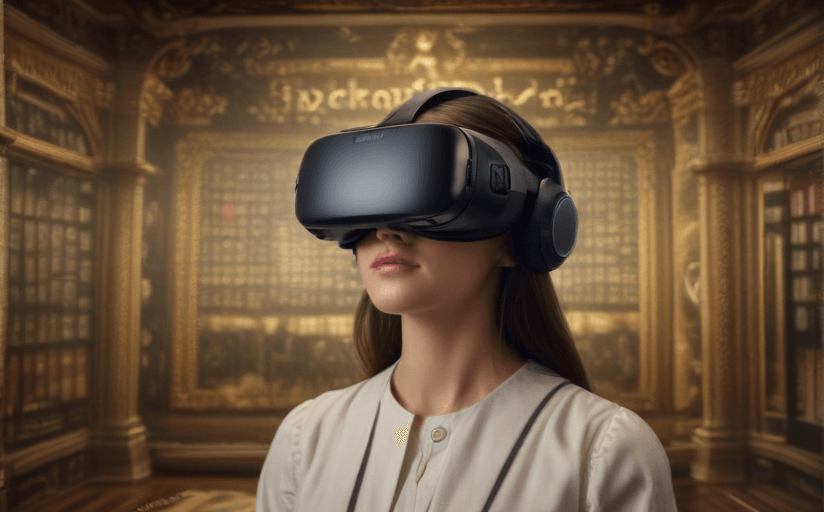The Influence of Virtual Reality on Modern Literature
As we navigate the 21st century, technology advancements - Virtual Reality (VR) in particular - have made a significant impact in various fields, including modern literature. Over the years, the narrative styles, themes, and storytelling techniques have evolved as authors grapple with this immersive technology to create heightened experiences for their readers.
Shaping Literary Narratives and Themes
Virtual Reality has produced a paradigm shift in how narratives and themes are shaped in modern literature. Stories are no longer linear, and instead, they weave in and out of virtual and physical worlds, providing a complex yet enriching experience for readers. This presents authors with an opportunity to push literary boundaries and experiment with new approaches to storytelling, inducing immersive experiences that challenge the traditional literary formats.
Opportunities and Challenges
Virtual Reality brings a plethora of opportunities for authors. The spatially immersive environment of VR offers a unique platform for narrating stories, allowing authors to create characters and worlds that extend beyond physical limitations. However, there are also challenges. Translating words into a visual representation while maintaining the depth of the storyline can be difficult. Equally, developing an engaging plot that complements the interactive VR experience requires creativity and a deep understanding of this technology.
Changing Perspective of Readers
VR has also transformed the reading experience, significantly influencing readers' perspectives. It has turned readers from mere spectators into active participants. Simultaneously, it presents a challenge of maintaining reader engagement, grappling with the risk that the technology might override the literary essence.
The Future of Literature
Ultimately, the integration of VR into literature indicates how technology can reshape the literary landscape. While the technology is still in its infancy and questions remain about its full potential, VR is undeniably paving the way for future literature.
Examples of VR in Literature
Several authors have embraced this technology, integrating VR into their literary works. 'Snow Crash' by Neal Stephenson or 'Ready Player One' by Ernest Cline present excellent examples. Both books explore virtual worlds, introducing the concept of VR as a pivotal element to the plot. This is a living proof of how VR has opened up new possibilities for authors, paving the way for a new genre in literature.
Conclusion
While it's still early days, there is no doubt that Virtual Reality is playing a transformative role in modern literature. The fusion of VR and literature is crafting new narrative styles, broadening literary themes, and bringing a fresh wave of storytelling techniques, thereby changing the literary landscape.


















Comments
Leave a Comment